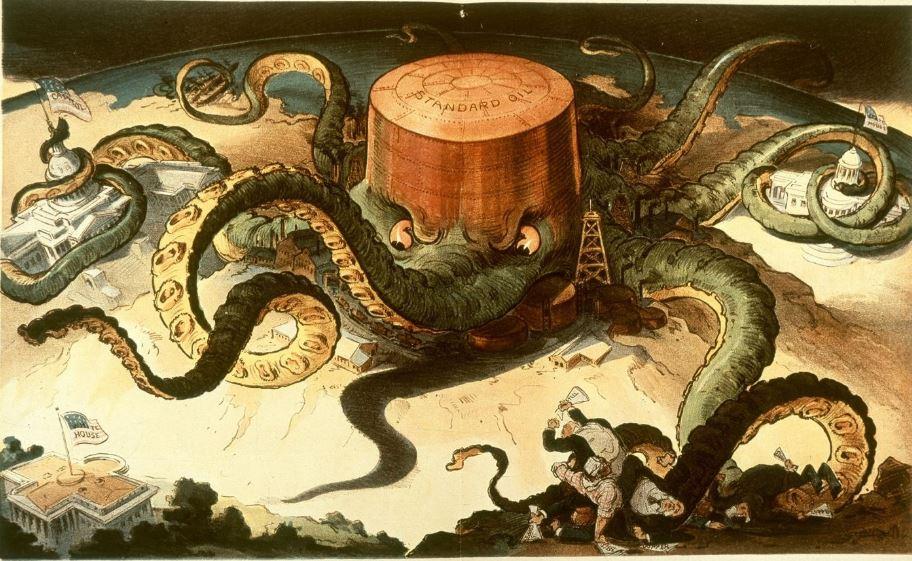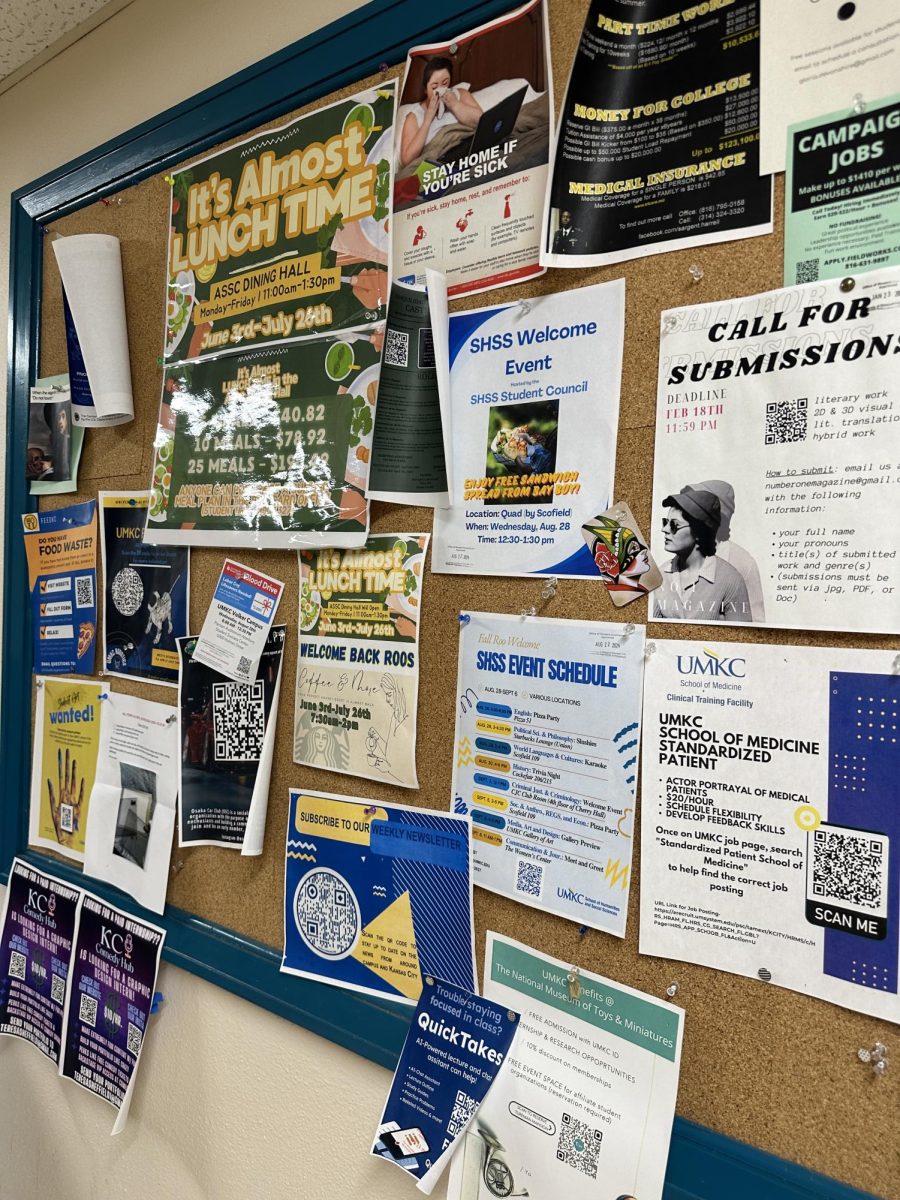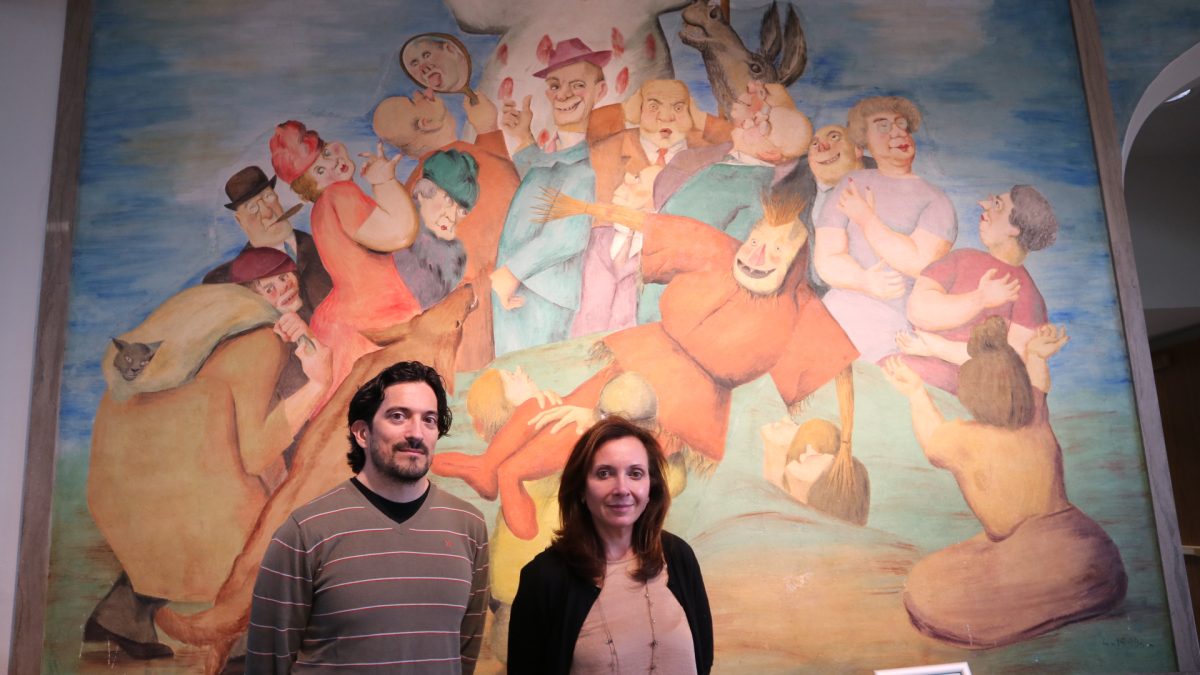The American economy today is a land of giants. These giants aren’t the great creatures of fantasy; rather, they are the companies that exist around us every day.
An example presents itself with the approval of the $26 billion merger of Sprint ( based in Overland Park, Kansas) and T-Mobile. Once the merger is complete, less than four major cell phone companies will remain in the U.S.
The Sprint and T-Mobile merger will affect millions of consumers. However, the greater effect will be felt by the thousands of workers in these companies, most of whom likely won’t be partaking in any of that $26 billion. To top it all off, this merger is yet another major consolidation in an economy where this trend has become all too common, despite the human costs.
Other examples include Disney’s acquisition of 21st Century Fox last year. The far-reaching effects of this deal are already revealing themselves. According to an American Prospect article written last year, “When you combine Disney’s massive share of the box office this year with the five next-largest studios, the current “Big Six” have taken in over 85% of box office sales this year.”
Disney’s rise in market power might mean more superhero crossovers, but it, like other monopolies, does not do this without a hidden cost.
This monopolization causes a lack of competition in the jobs available to people. This, in turn, keeps wages down, because companies are not having to respond to market trends like they normally would due to their concentration of market power. This all comes at a cost to the workers
Additionally, many people are the unlucky victims of companies “cutting costs” or finding “greater efficiency.” All that means is people lose jobs and companies relocate as they keep their eyes towards achieving greater profits. This is one of the reasons many mergers happen in the first place—they allow companies to gain more at less cost to the ever-so-important bottom line.
The concentration of market power usually comes hand-and-hand with greater political power as well. Generally speaking, that political power isn’t used to push issues important to everyday people, but to increase the gains of that company in some way. This concentration of political power also means companies are more likely to gain the approval needed for future consolidation, further increasing the company’s political power in a vicious consolidation cycle.
A clear example of the issues associated with monopolization quite relevant to college students is the textbook industry.
College textbooks, whose costs are perpetually increasing, are generally put out by only four major publishers: Pearson, Cengage, Wily and McGraw-Hill.
This has created a situation where a vast amount of market power is only wrapped up in these few companies. According to a Vox article from last year, these publishers “control more than 80% of the market.”
That control isn’t without its costs to students. A 2016 report from the Student Public Interest Research Group (PIRG) found that “The lack of consumer choice and competition in the textbook market has allowed publishers to drive up prices to unsustainable levels.”
Luckily in the world of textbooks, PDFs from teachers and other open-source options are available to give students a bit more wiggle room that isn’t present in other sectors.
Monopolization can be found in any section of the economy on the national level. From internet providers to tech companies like Facebook, most people’s lives are spent dealing with these towering companies.
What is needed is a return of robust enforcement of existing antitrust statues in addition to updating what it means to be a monopoly in the modern age. This is necessary, as many of the current antitrust laws on the books are around a century old. On top of that, the way they have been interpreted is either outdated or built on long-standing falsehoods by figures of the distant past.
This isn’t an issue that is front and center for many. Instead, it often grows in the distance only to become clear once it has risen too far. The bottom line is giants are fun to read about in fictional stories, but once they become a reality, they only exist to crush people in the pursuit of greater profits or power.
bmh6dw@mail.umkc.edu








